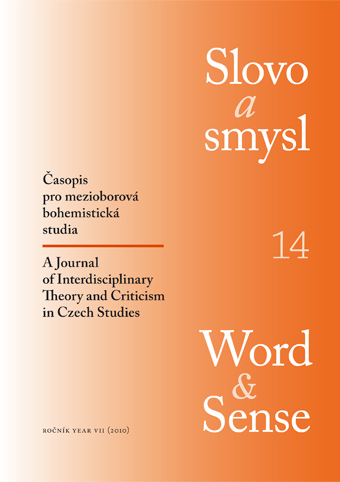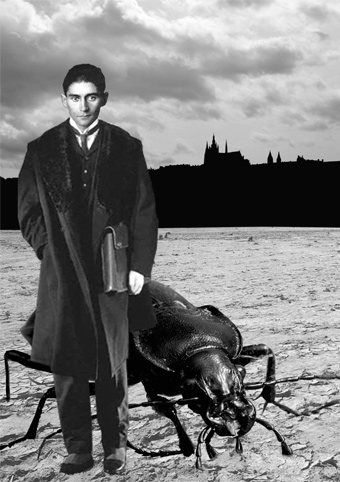Editorial
The encounter of literature with reality is both the implicit and explicit theme of this issue. It is immediately obvious how many questions and problems arise in connection with this perspective on literature, as these are evidently not mutually incompatible conceptual realms, and in fact the boundary between “literature” and “reality” is not clearly established. Therefore, when we encounter the terms together we tend to distinguish them only through intuition.
The historically unstable usage of “literature” and “reality” makes it particularly difficult to discuss their relationship. Since literary scholarship has set aside Jakobson’s concept of “literariness,” which seemed an enticing but inadequate idea, we realize that we are able to define “literature” only pragmatically and arbitrarily (as that which is generally considered to be “literature”). However, we continue to use the term itself as functional and irreplaceable. In contrast, in the course of the last century the term “reality” has split into a whole series of alternatives, such as “objectivity” or “objective reality,” “the natural world,” and “the existing world,” which are only sometimes synonymous, and usually not entirely so.
Twentieth‑century literary thought has entirely rejected the optimistic presumptions of the new synthetic art, as programmatically defined by Bedřich Václavek in his book Through Creation to Reality: “Poetry must be evaluated in terms of reality, its relation to reality, its discrepancy with reality, and how the poet reflects reality in his work.” On the other hand, literary theory has been unable to offer any persuasive, generally valid theory to replace this way of thinking. When we read “to the Giant Mountains” in the first paragraph of Karel Rais’s Remote Patriots, something entirely different goes on in our heads than when we read “from the town of Větrov.”
The following pages will explore the problematic issues outlined above in an attempt to address the relationship of literature and reality. Jiří Soukup investigates editorial 14 in detail the early work of Franz Kafka. It is indeed remarkable how little has been written in Czech, German, and other languages about when exactly he wrote and published what. Soukup’s study addresses Kafka’s early work, which was still evidently based on reality, when, with Max Brod, he wanted to cross the boundary between the travel journal and the novel in his plans for Richard and Samuel. Jakub Češka also treats an iconic author of the Czech lands – Bohumil Hrabal, but in his late period, in which he began to open his texts to reality in a remarkable and quite consistent manner. In contrast to these monographic studies, Kateřina Svatoňová takes an interdisciplinary theoretical approach to the reconstruction of reality in her discussion of “networks that play together.”
Irena Wustdorff’s study traces how the concept of identity in Czech dissident literature relates to its contemporaneous reality. Martin Benikovský proposes the concept of general “anthropomimetic” theory on the basis of an analysis of Josef Cíger Hronský’s poetics. Barbora Chybová analyzes the remarkably rich relation between the visual (photographic) and verbal aspects of Ludvík Vaculík’s Czech Dreambook. Ondřej Buddeus is concerned with contemporary conceptions of the lyrical persona, with reference to Miroslav Červenka’s Fictional Worlds of the Lyric.
Because we could not decide whether to ask Martin Pokorný or Petr Koťátko to respond to the question of the relation of literature and reality in “A Question For…,” we decided to have them ask one another. In “Critical Views” we present Josef Vojvodík’s extensive reflections on “the purging of ‘I’ from the world,” inspired by Josef Hrdliček’s Depictions of the World in Czech Literature. We also have two reviews: Michal Kosák on Eva Roubíčková’s Terezín Diary, and Michal Topor on Kateřina Bláhová’s Czech Historiography in Dialogue with Europe.
The “Translations” section presents Martin Pokorný’s Czech translation of a study by Walter Biemel, which brings us back to Kafka – here, a late work – by outlining the existential dimension of his short story “The Burrow.” Having translated Czech decadent poetry, Kirsten Lodge has turned to decadent prose as well, translating four stories by Jiří Karásek ze Lvovic into English.
Petr A. Bílek, Luboš Merhaut, Jan Wiendl
Translated by Kirsten Lodge


